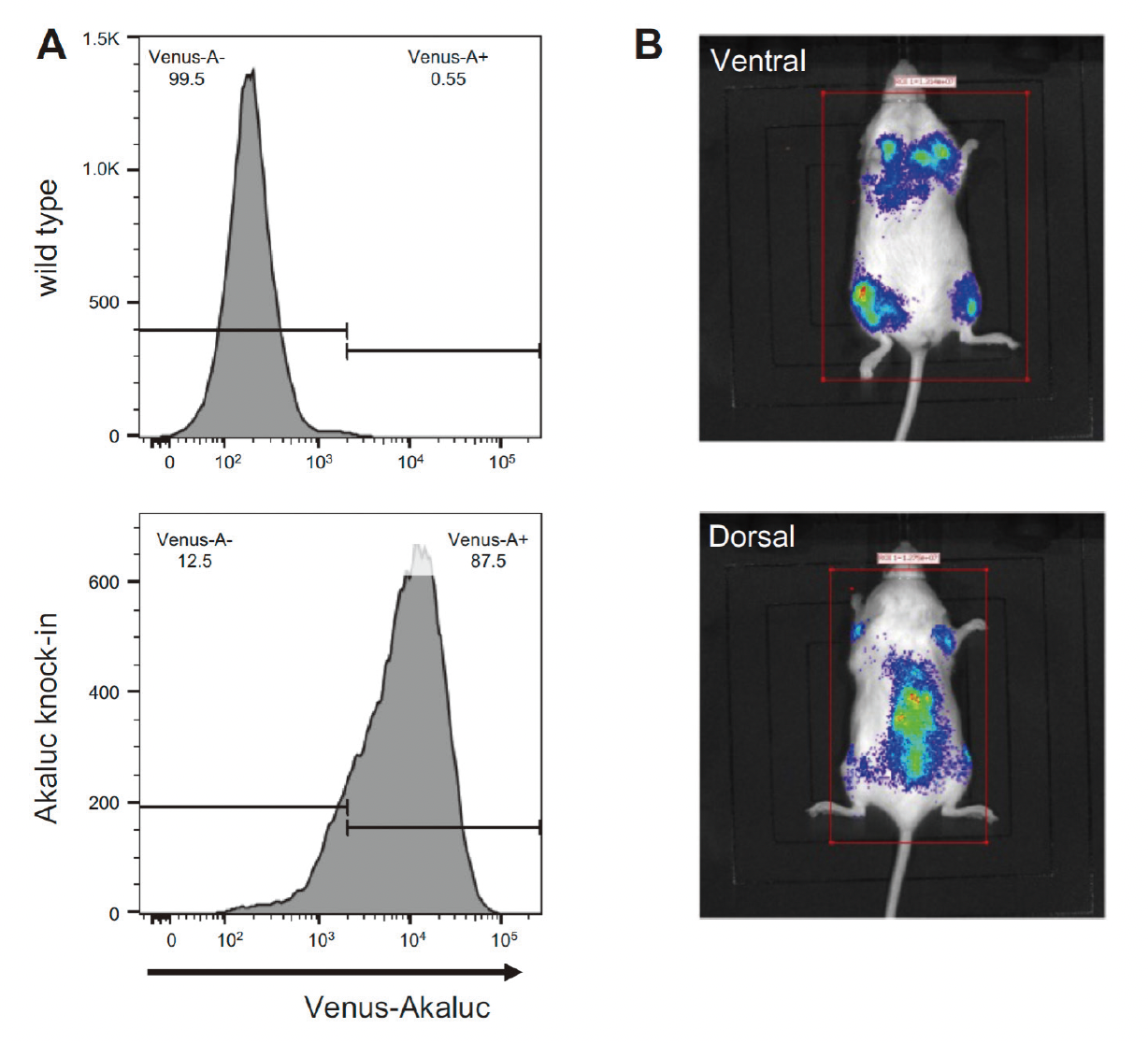Projects
iPS project
Induced pluripotent stem (iPS) cells possess tremendous thera-peutic potential in many areas, including regenerative medi-cine and immune therapy. On a collaborative basis with individ-ual IMS research laboratories, the core facility for iPS research is aiming to put cancer immunotherapy with iPS-derived NKT cells into clinical use. The facility has operated an IMS Cell Manufacturing Unit (CMU) to produce iPS-derived human invariant NKT (Vα24+iNKT) cells under GMP (Good Manufacturing Practice)/GCTP (Good Gene, Cellular, and Tissue-based Products Manu-facturing Practice) guidelines. The safety of these iPS-Vα24+iNKT cells was confirmed by preclinical studies. The facility has fin-ished PMDA (Pharmaceuticals and Medical Devices Agency) consultation for the clinical trial of iPS-Vα24+iNKT cell-mediated head and neck cancer immunotherapy and that is currently in progress. To assess the safety of clinical trials using allogeneic trans-plantation, the facility also needed to establish a cell tracking system to enable tracing of the transplanted cells in the patient. To accomplish this, the facility focused this year on AkaBLI, an all-engineered bioluminescence in vivo imaging system, and we generated human iPSCs containing the Akaluc gene by using the CRISPR/Cas9 system. Akaluc-expressing human iPS cells were further differentiated into iPS-Vα24+iNKT cells and then injected intravenously into human cytokine knock-in NSG mice. By using the IVIS imaging system, we found that strong biolumi-nescence signals derived from the transplanted cells were clearly observed in the recipient mice (Figure 1). These results suggest that Akaluc-expressing iPS-Vα24+iNKT cells will be useful to de-termine residence time of transplanted cells in the patient and to establish future therapeutic planning.

Figure:
1 Analysis of Akaluc-expressing iPS-Vα24+iNKT cells in the mouse(A) Flow cytometry analysis of Venus-Akaluc expressing cells by comparing wild type iPS-Vα24+iNKT cells and Venus-Akaluc knock-in iPS-Vα24+iNKT cells. (B) Biolumines-cence images of mice 1 month after intravenous injection of Venus-Akaluc expressing iPS-Vα24+iNKT cells. Pictures were kindly provided by Dr. Shin-ichiro Fujii in the Labo-ratory for Immunotherapy.



